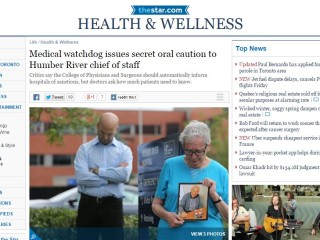No uninsured automobile coverage if injured in a vehicle owned by either the Plaintiff or its spouse.
Date Heard: July 6, 2017 | Full Decision [PDF]
The Plaintiff was injured while a passenger in a vehicle owned by his wife. The vehicle was driven by the Defendant, who did not have the Plaintiff’s wife’s consent to operate the vehicle. The Plaintiff argued the vehicle driven by the Defendant was an “uninsured vehicle”, and therefore, the Plaintiff argued it was entitled to coverage pursuant to the OPCF44R. The OPCF44R provider refused to provide coverage.
The Defendant insurer argued it was under no obligation to provide coverage. Specifically, the statutory and contractual definition of “uninsured automobile” excludes all vehicles owned by an insured or his/her spouse. The Plaintiff disagreed. The Plaintiff argued the statutory and contractual definition of “uninsured automobile” was ambiguous, and such ambiguity should be resolved in favour of the Plaintiff.
The Court rejected the Plaintiff’s argument. The fact that the Plaintiff was the uninsured vehicle owner’s spouse meant that the vehicle in question was not an “uninsured vehicle” for the purpose of uninsured motorist coverage. There was no ambiguity in the statutory and contractual definitions of “uninsured automobile”. The Court wrote:
The Automobile driven by Laurel Ketash at the time it injured Christopher Skunk was not “an uninsured vehicle” as it was owned by Maureen Skunk. The language of the insurance policy at issue excludes for coverage for a circumstance that occurred in this case. I find Christopher Skunk is not entitled to claim against Jevco pursuant to the uninsured provisions in this policy.
…
I do not find ambiguity in the language of the statute or the contractual policies at issue. It seems to me the language is clear and concise. I find the contractual and the statutory language mean that if a person is injured by an uninsured driver driving a car they own, or a car belonging to their spouse, they do not get the benefit of the uninsured automobile provisions. It may not be a fair result. It may be an absurd result. However, the language is not ambiguous in my view. I cannot see any other result on a plain reading of all documents at issue.
Read the full decision [PDF]












